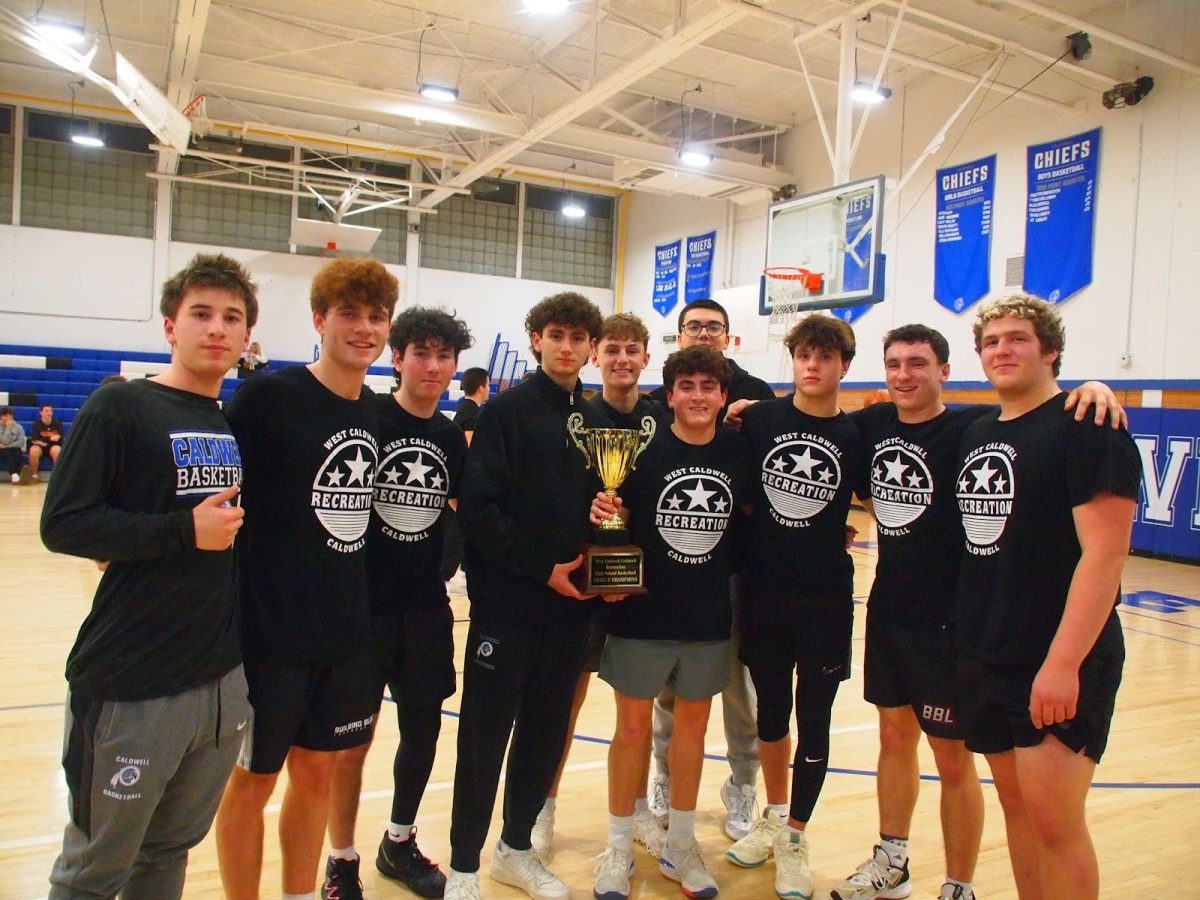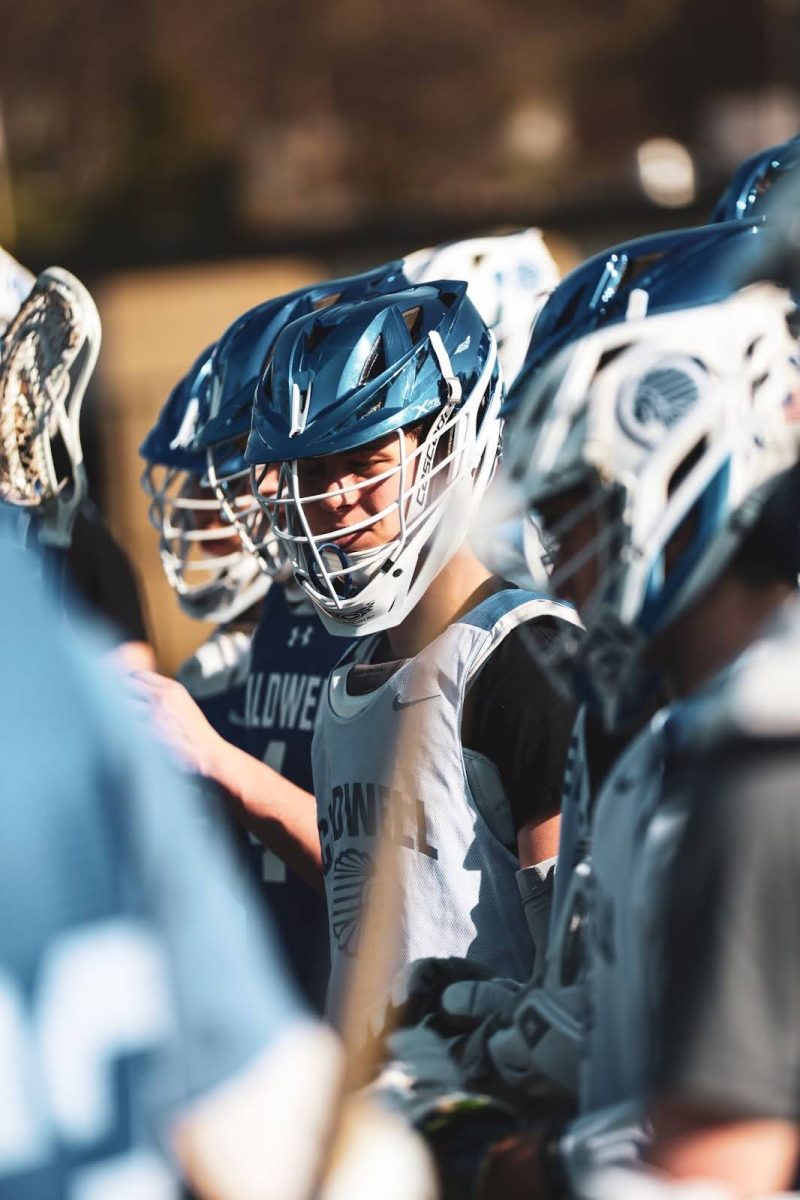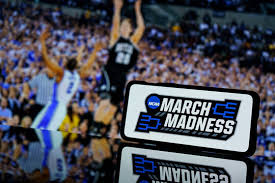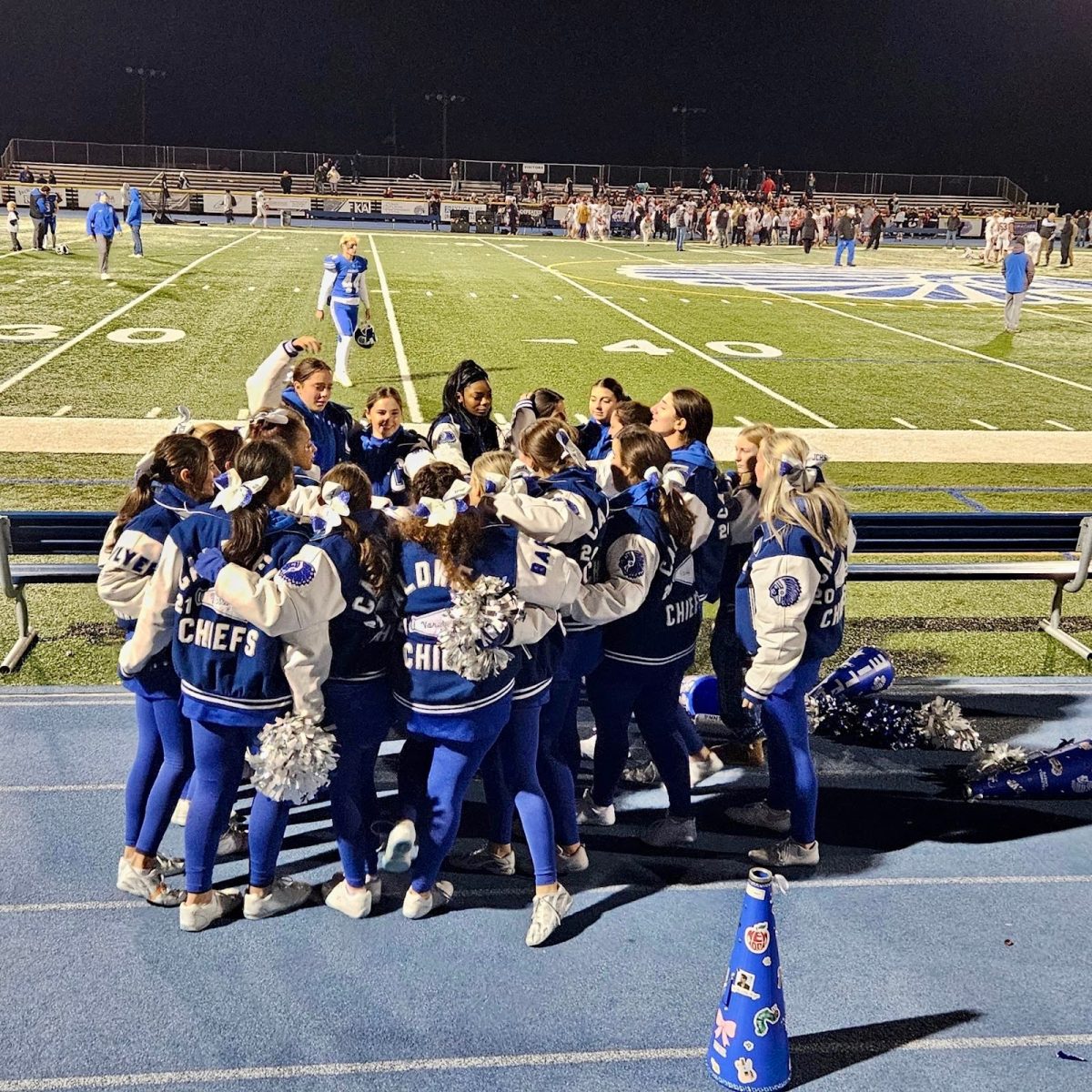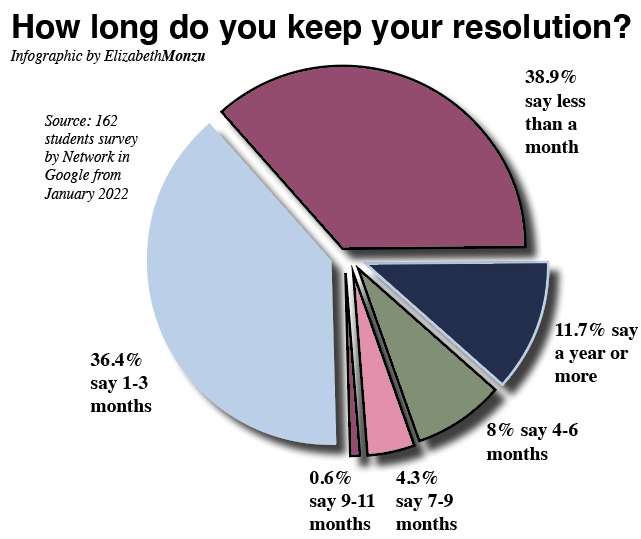
PITTSBURGH– As the clock strikes midnight on Ben Roethlisberger’s illustrious playing career, many only acknowledge his two last lackluster seasons. The recent memories of wobbly throws and his inability to move outside the pocket cloud the once elusive and high powered quarterback’s reputation on the gridiron. Ten years ago, he was one of the NFL’s most prolific passers. Now, many are unsure if any team would offer him a contract. His story on the field may be ending, but it remains important to reminisce about “Big Ben”’s career before his final snaps.
Growing up in Lima, Ohio, Roethlisbeger never enjoyed the carefree childhood many of his peers were blessed with. Before he could even remember, his parents divorced and he was left with two households to call home. At the age of eight, his biological mother passed away in a car accident, and his father and stepmother raised him full time from that point on. To get his mind off of his trauma, or maybe to display his oozing natural talent, Roethlisberger picked up any and all sports from a young age. By the time his high school career was coming to a close, Roethlisberger had etched his name into the history books of Findlay High School. To this day, he still holds the boys basketball scoring record at Findlay, and earned all-district honors as a baseball player. Yet all of that paled in comparison to his success under the Friday night lights. Though he lined up at receiver for his first three years on the team, he showed potential at the quarterback position, a fact that his coaches finally realized before his senior season. To say the position change was right, both for the Findlay Football Team and for Roethlisberger’s career, would be an understatement. Roethlisberger captained Findlay to a 10-2 record, breaking the Ohio passing yards and touchdowns record in the process. The one year magic of Roethlisberger was enough for the in-state Miami University RedHawks to offer him a scholarship to play quarterback at the division one level.
Miami and college football in the early 2000s is typically linked to Southern Florida, but make no mistake. Roethlisberger and the Middle America Conference’s (MAC) RedHawks were far from a pushover. When Roethlisberger called his college career quits after his Junior season, he held every major passing record in the university’s history, including passing yards (10,829) and passing touchdowns (84). His final season at Miami truly cemented his status as a top college quarterback, as he shattered school records by throwing for 4,486 yards and 37 touchdowns. For the RedHawks, they had their best season in school history, finishing 13-1 (including 12 straight wins), won the MAC championship, and broke a 28 year bowl game win drought. Miami also finished the season ranked number 10 in the AP poll, still their highest ranking to date. Roethlisberger entered the 2004 NFL draft as a consensus top three quarterback, alongside Mississippi’s Eli Manning and North Carolina State’s Philip Rivers.
In the NFL draft, Roethlisberger ended up being selected 11th overall by the Pittsburgh Steelers, the team he would ultimately play his entire NFL career for (Manning was selected first, Rivers fourth). The 2004 season saw Roethlisberger start the season as the third string quarterback for Pittsburgh. But by week four, injuries had caught up to the Steelers QB room, and Roethlisberger was thrust into the starting role. What happened next was nothing short of amazing; the Steelers rattled off 13 straight wins and steamrolled into the playoffs as the AFC’s number one seed. Their magical run was thwarted by the eventual Super Bowl Champion New England Patriots in the AFC Championship game, but the season gave Steelers fans an abundant number of reasons to expect a bright future. On top of the immense team success, Roethlisberger was unanimously chosen as the NFL’s rookie of the year, and put up very promising stats for a rookie.
Heading into his second season, expectations were mixed for “Big Ben”. Some believed that he was the main reason for the Steelers success in 2004, while critics argued that the top ranked defense carried the team to their championship game appearance. Roethlisberger’s doubters seemed to be proven right. Through 13 weeks, the Steelers were 7-5, already logging four more losses than in 2004. With the playoff picture starting to take form, the Steelers’ prospects didn’t look too promising, and neither did Ben’s personal performance. His stats were worse across the board compared to his rookie season, and many were questioning if he was the answer behind center for Pittsburgh. Hearing these doubts from the media and skeptics, Roethlisberger put together a fantastic final four games of the season, leading the Steelers to four straight wins to finish the season 11-5 and sneak into the playoffs. The sixth seeded Steelers stormed into Cincinnati and dominated the Bengals, setting up a date with the dangerous Indianapolis Colts and superstar quarterback Peyton Manning. The Steelers escaped Indy with a 21-18 win, the first time a six seed defeated a first seed in NFL playoff history. Next week proved to be a bit easier for Pittsburgh, as they defeated the Denver Broncos 34-17. The win set up a matchup against the upstart Seattle Seahawks in Super Bowl XL. The game was close for quite some time, but the Steelers eventually pulled away and captured their fifth Super Bowl in franchise history. Roethlisberger had reached the top of the NFL world at just 23 years old, the youngest age for a starting QB to win a Super Bowl.

The Steelers’ future looked incredibly bright with Ben at quarterback, but 2006 saw many fans’ worst fears turn into reality. Over the offseason, Roethlisberger was involved in a motorcycle crash that left him in poor condition. Though he missed the first game of the season, he returned in week two, but put up lackluster numbers. Unfortunately, that seemed to prelude how the season would go. The Steelers finished the season 8-8, a major disappointment compared to the previous Super Bowl winning season, and Ben had an awful season by all measures. He led the NFL in interceptions (23) and had a pitiful 75.4 QB rating. 2007 saw a stark bounceback for both Ben and the Steelers, as the team returned to the playoffs. Roethlisberger put up his best stats to date, including 32 passing touchdowns and a 104.1 QB rating. The bounceback season earned him a hefty contract extension with the team, and he proved he was well worth the deal in the 2008 campaign. Statistically, Roethlisberger declined, but the Steelers were still a successful team, posting their best record (12-4) since his rookie season. Pittsburgh built on their regular season achievements in the postseason, running through the San Diego Chargers and Baltimore Ravens to head to Super Bowl XLIII. In what turned out to be one of the greatest football games ever played, Roethlisbeger led the Steelers to a 27-23 win over the Arizona Cardinals. On the final drive of the game, down by three, Roethlisberger drove the Steelers 88 yards in just eight plays to take back the lead for good. The dagger, a back of the end zone touchdown pass to Santonio Holmes, still remains one of the most iconic moments in NFL history.
For the rest of Roethlisbeger’s NFL career, the Steelers never won another Super Bowl, though they always remained a contender in the AFC. The closest Pittsburgh came to returning to the football mountaintop was in the 2010 season, where they suffered a devastating loss to the Green Bay Packers in Super Bowl XLV. But as Roethlisbeger continued to age, he still produced. Many of his finest seasons came after his 30th birthday, often the magic age where quarterback play begins to decline. From his age 32 through 35 seasons (2014-2017), he was selected to four straight Pro Bowls, threw for over 4200 yards twice, 28 touchdowns three times, and led the league in yards per game twice. Injuries began to catch up to Roethlisbeger, with a flexor tendon tear in his throwing elbow in 2020 being the eventual dagger in his playing career.
Roethlisberger’s place in Canton is all but solidified; he is 5th all time in passing yards, 8th in passing touchdowns, and 16th in QB rating (he leads the Steelers in all three categories). Still, many fans of the other 31 NFL teams forget about the dominant reign that Big Ben and the Steelers had over the NFL, and the unique story that his football career and life took. At times he was a polarizing character: his motorcycle accident and multiple sexual assault allegations garned him much negative attention from the media. But, he always pressed on. The greatest quarterback in Steelers history may not have gone out on top, but his positive impact on the franchise, Miami University, Findlay High School, and the city of Pittsburgh will never be forgotten.






